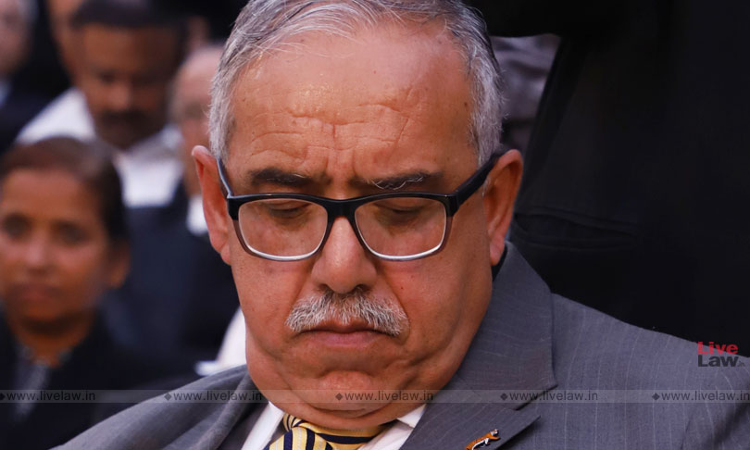Justice Deepak Gupta Calls For Representation Of All Sections Of People Including Transgenders In Higher Judiciary
Radhika Roy
23 Feb 2020 8:34 PM IST

"In our endeavour to create a 'Gender-Just' world, it is important that we remember that a gender just world is not only for men and women, but for transgenders too"
Next Story


